| Even in the midst of social distancing, Gretchen Rumohr, Shelly Shaffer, Steffany Maher and I continue to work on a project. We are in a routine of meeting through Zoom every Monday for an hour or so in the hopes that we will coordinate our efforts and make some progress. Today, we became acutely aware that we had a different level of stress and we wonder how others are handling the situation. We wondered about "forced" schooling and what that might mean for reading. Then, like what happens on many Mondays, we had an idea. With praise to Penny Kittle, we borrow the term "Book Love." |
Reading has Mattered in Our Lives
Upon reflecting about what it means to be staying at home during a national pandemic, at our core, we recognize the power of reading. We all have childhood memories of reading. We can name books that we read over and over, books that led us to other books, and books that we finally fell in love with after multiple attempts.
I still remember the excitement of turning the hallway at my elementary school and seeing the RIF (Reading Is Fun) tables set up. I knew they meant that I would leave school with a brand new book that day. In first grade, it was an Encyclopedia Brown book. In fifth grade, a Scott O’Dell. In middle school, I started The Sword of Shannara Trilogy after picking up my mother’s copy one day, and thus began my love for fantasy/sci-fi. I devoured those books throughout middle school and made the leap to Stephen King’s The Shining in 8th grade.
And then when my own daughters began reading YA, I connected in a new way again. After my oldest daughter read Winger, she implored me to read it so we could talk about it. It wrecked me, and we cried through our talk. Together, we anxiously awaited Andrew Smith’s sequel, Stand Off. This has become the culture in our home--we find a book we adore, or that makes us so angry we cry, or that causes us to fall in love all over again, and we share it, and we talk about it (and most likely cry), and then we talk about how we can make a difference. Powerful books like The Hate U Give and I am Not Your Perfect Mexican Daughter and Speak: The Graphic Novel.
These are the books my girls and I pick up, read, and share with one another. These are the books I share with my preservice teachers, and then they read other YA books that interest them, and we discuss what moves us to empathy and action. These are the books I want to share with the world--books that move readers to tears and to work toward change.
Gretchen has an Ambitious List. What does Yours Look Like?
My strongest reading memories are actually as an adult reader and teacher of young adult readers as a middle school teacher. I remember reading Speak by Laurie Halse Anderson for the first time and being floored that Melinda had to endure her pain alone, without help from her friends or family. I wondered, “How can they all be so blind to her pain?” and “How can they not see the changes in Melinda?” This book really touched me because her silence reminded me of my own. Another book that changed my life was Identical by Ellen Hopkins. That book was one of the first I had read that explored sexual abuse in such a way. Ellen’s book told my story. It made me see myself more clearly than I had before, and I knew that I would never be the same.
What can We do While We Stay Home?
Friends, this is an opportunity to model a CHANGE during this new normal. What would happen if we set aside the worksheets, the curriculum, the constant checking of social media, the noise, and simply buried ourselves in books? What would happen if we encouraged students to do the same, in all subject areas? What would happen if we took Louise Rosenblatt to heart and decided that now was the time to frontload life events through literature? I can see the emails now:
Or:
Dear student, in lieu of gym class, take a well-spaced walk outside and then read Tradition. If you feel like it, let me know how it made you see others differently, or how it made you reflect on your own relationships. Let me know what you learned about athletic culture. Tell me how often you resonated with a character. Or not! You don’t need to tell me anything about the book. Just keep reading.
Or:
Dear student, instead of reading Julius Caesar, read Unpresidented. If you feel like it, let me know what it taught you about our current political system. Reflect on the meaning of leadership. Share some of your questions about the current administration, and of the upcoming election. Or not! You don’t need to tell me anything about the book. Just keep reading.
Our public libraries may be closed, but we know that library cards still work for Libby, Hoopla, and Overdrive. We can listen to audiobooks while we rake leaves (six feet apart from others), load the dishwasher for the millionth time, and wash our hands. We can read e-books as we drift to sleep, the glow of the screen not unlike our under-the covers, covert childhood reading by flashlight. We can make popcorn on the stove and watch screen adaptations of our favorite books with our families. We can harness the healing power of books as we navigate this crisis.
We Want to Hear from You!
Click here and share your choices:
https://docs.google.com/forms/d/e/1FAIpQLSeVEdPgUcMeMuDY4EGqCD-yHEEMY1j7H6kJbYfXi9fvwNMCuw/viewform?usp=sf_link
When you finish, share the link widely. We will leave it open for a week and then share the results as quickly as possible.
Until next time.
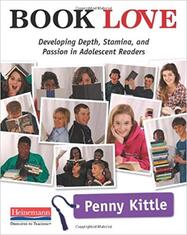
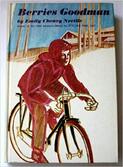
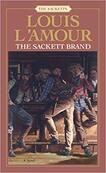
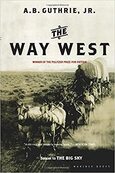
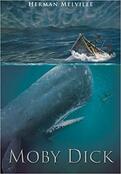
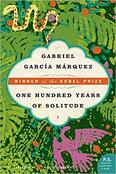
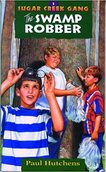
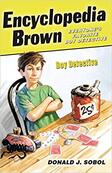
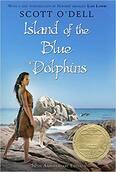
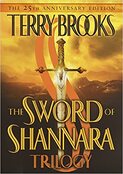
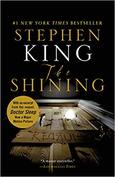
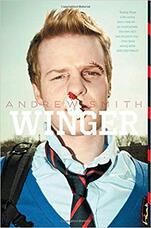
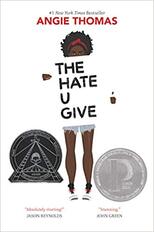
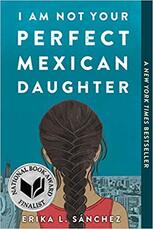
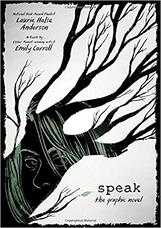
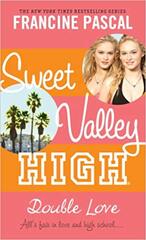
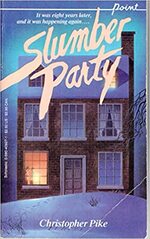
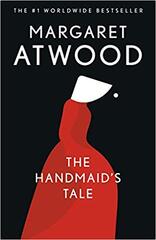
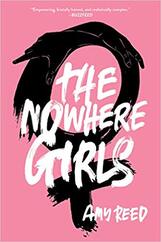
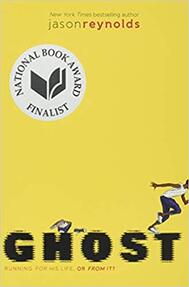
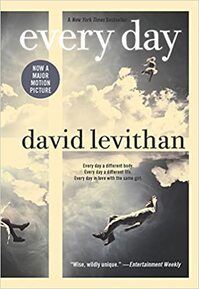
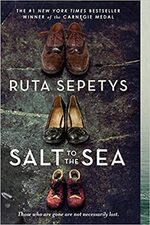
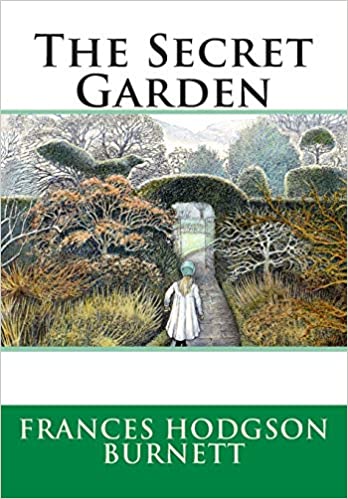
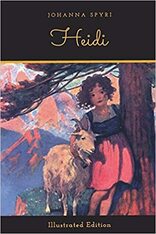
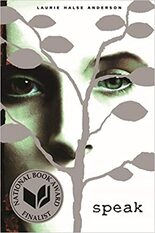
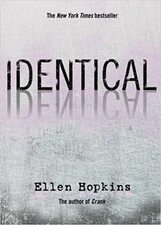
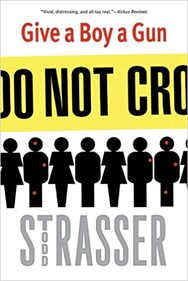
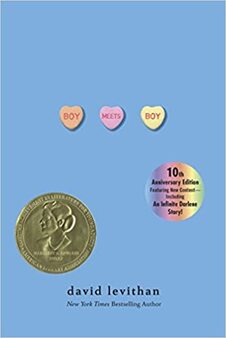
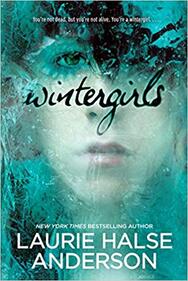

 RSS Feed
RSS Feed